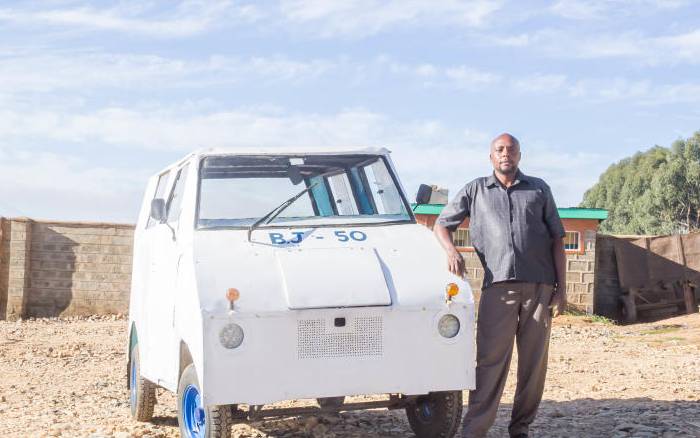×
The Standard e-Paper
Join Thousands Daily

When Trade and Industrialisation Cabinet Secretary Betty Maina toured a Nyahururu-based company that is assembling four-wheeled tuk-tuks, it was the culmination of a dream for Samuel Njogu.
The 39-year-old artisan, who considers the project his brainchild, could hardly believe his ears as Maina said she was pleased with the progress she had seen on the assembly floor.